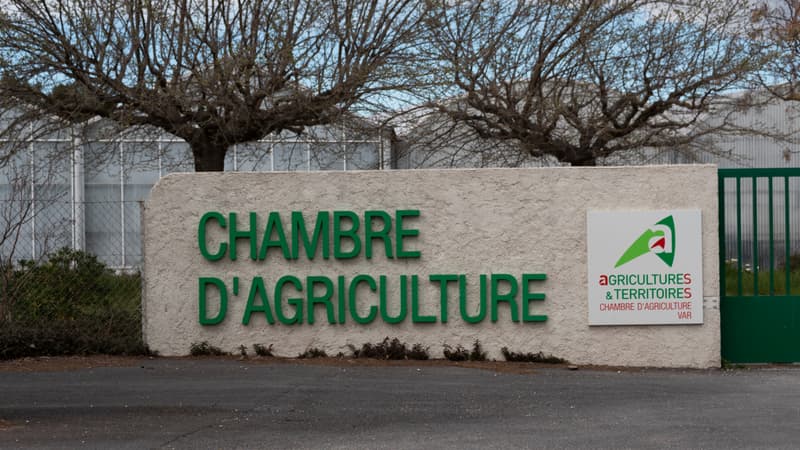“Favoritism”, “illegal decisions” and supervision of the State “very little effective”: the Court of Auditors denounces the excesses of the agriculture cameras, retired with budgetary rigor and their role of supporting the transitions of the agricultural world.
In a report published on Wednesday, the body requires strengthening the “regionalization” of the room room, still “too weak”, to gain efficiency and transparency, and regrets that the chief of the network still does not succeed in their decisions “, in particular” in terms of common standards. “
For his part, the President of the Chambers of Agriculture of the National Entity of Agriculture, Sébastien Windsor, defended with “advances” of the AFP in governance matters (the centralization of the computer tool, the creation of an audit cell …) and recalled that “the power of the sanction” confers the law of agricultural orientation of 2025 ” Decrees
Annual budget of 800 million euros
The role of the cameras, created in 1924, is decisive: they participated in the transformation of agriculture throughout the century, working in the application of reforms, from the land -sought of the land acted in 1919 to the mechanical and chemical revolution, including the help of the common agricultural policy (CAP). These public establishments – 100 departmental and regional chambers, and a national entity – according to the Rural Code, so that the essential mission represents “interests of agriculture with public authorities” and improve the “economic, social and environmental performance” of the farms.
Their governance is renovated every six years during professional elections: farmers direct them mainly, use 8,200 employees and have an annual budget of almost 800 million euros, of 75% of which come from public resources. “Economic, territorial, sovereignty, health and environmental problems that bind to agricultural activity can justify this budgetary effort,” said the auditing court, “but imposes greater responsibility for the cameras and the State in its implementation.”
Therefore, the court recalls “the neutrality requirement of the chambers” in their expenses and the prohibition of subsidies granted to agricultural unions, a practice that, however, continues, “more frequently without observations of prefectures.”
“Irregular subsidies assignment”
In a network still dominated by the Fensea-Jeunes Farmers (JA) alliance, at the head of 83 rooms of 101, the Court remarkably raised a subsidy of 66,300 euros granted in 2017 (and renewed each year) to the Federation of Departments of the Farmers of the Farmers (FDEEA) in the bandaged granted in a monitoring mission of monitoring and monitoring of monitoring and monitoring of monitoring and monitoring of monitoring Listening to Farmers Control and Farmers Unions.
In île-de France, a subsidy granted to the JAs and destined to the installation of young operators, in particular it was used to organize “harvest festivals” in 2020. “The irregular assignment of subsidies must disappear,” insists on the Court of Auditors, which also increases a “risk of attacks on probability” and, in particular, “corruption”, in the operation of the chambers. He points out the behavior of a freezer of a room like that of Lot-ET-GARONNE, chaired by rural coordination since 2001, which does not transmit data, rejects audits and has assumed the illegal construction of a reservoir, without suffering sanctions.
Therefore, the Court regrets a “very little interventionist protection” of the Ministry of Agriculture, and demands its strengthening, as well as that, at the local level, of the prefects. Although the State had established in 2016 a goal of regionalizing the network network, the court indicates the “low level”. This in particular due to a departmental resistance, which responds to the division of the union favored by the current voting system in agricultural elections, which the auditing court also wants to see renovated.
An erratic public policy
Finally, “the network will have to leave its shyness regarding support for environmental transitions, which are shown as a priority for the objectives and the performance contract (COP)” signed in 2021 with the State. In this sense, with respect to the “reduction in the use of chemical inputs that remains an important problem in the evolution of production methods,” considers the audit court, in the discharge of agriculture cameras, which “received signs of erratic public policies.”
For Sébastien Windsor, it is essential to “act at the same time on the issue of farmers’ income and the environment” to promote transitions.
Source: BFM TV


